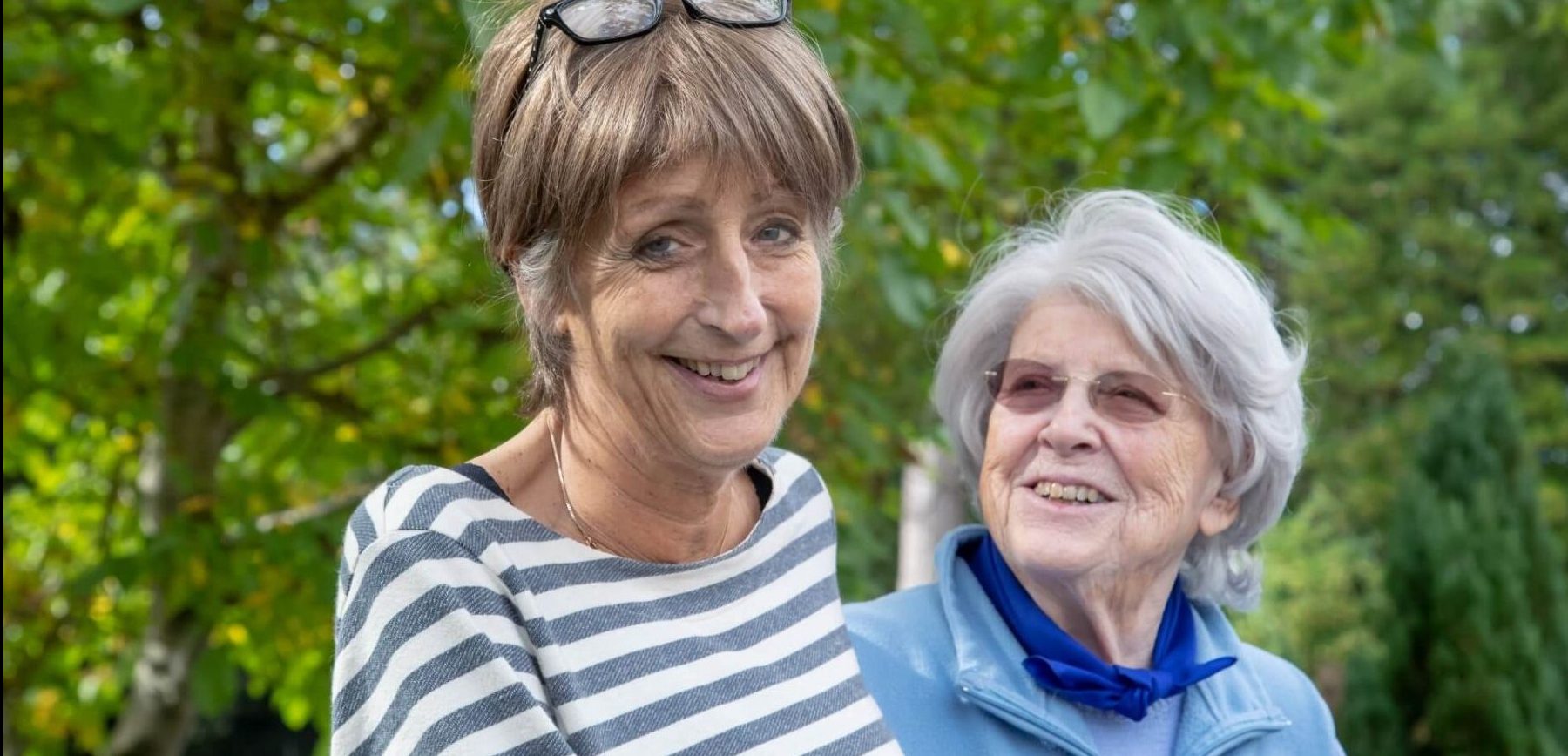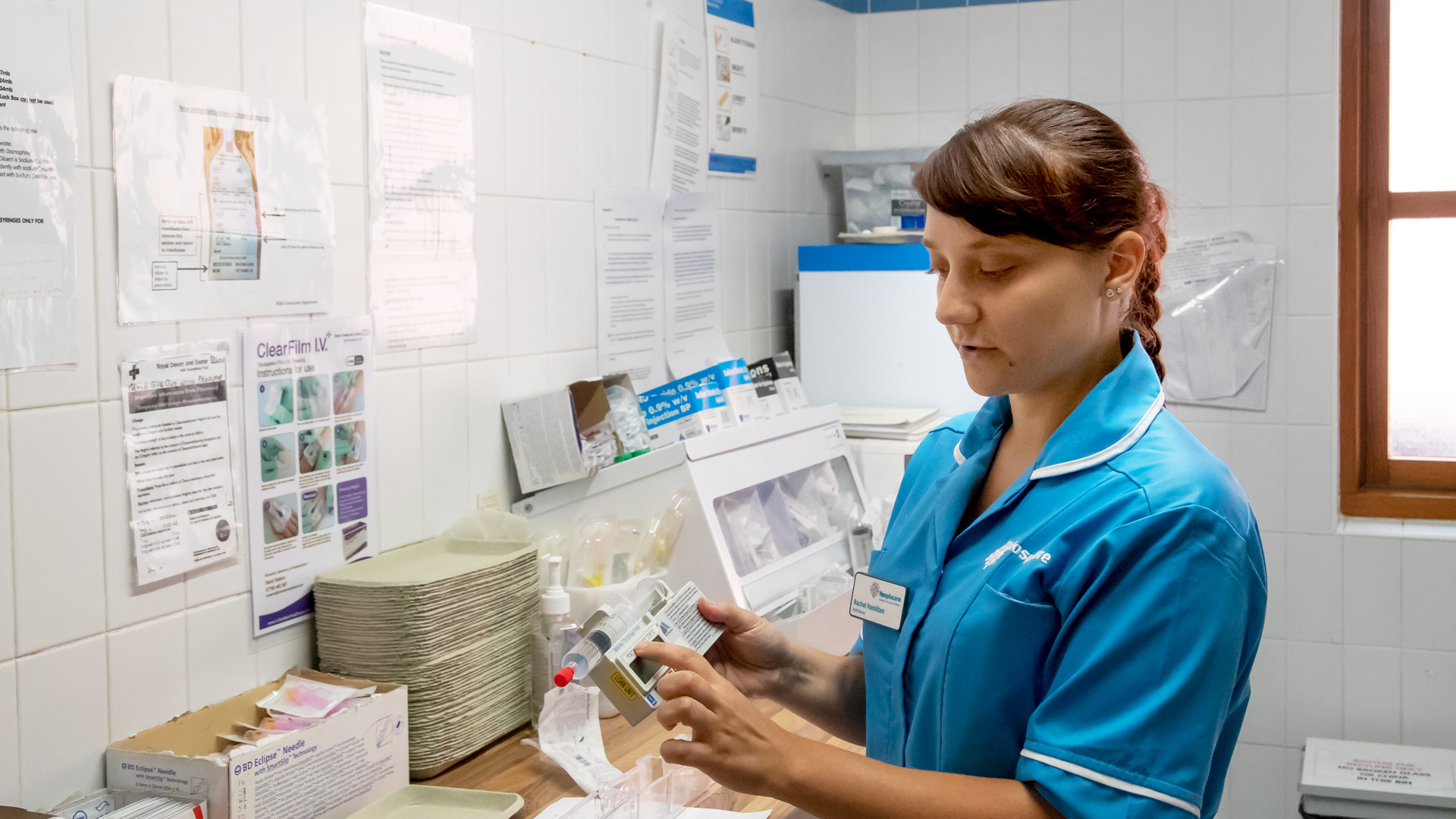Self-care is simply what we do to take care of ourselves, giving ourselves that extra loving kindness we would give a friend. It’s all about looking after you; whether that is physically, mentally or emotionally.
You might think that there is little you can do to take care of yourself when you have been told that you have a terminal illness, or even that it isn’t really important, but being kind to ourselves becomes especially important at the end of life. Self-care can give us the energy and headspace to make the most of the time we have left. Studies have shown that practising self-care alongside palliative care helps people to maintain a sense of normality and come to terms with dying. Not sure what you can do to practise self-care? Here are some ideas.
Self-management
Now, this doesn’t sound very caring, but the smallest acts of self-care are those we carry out every day; washing our face, putting on clean clothes or even that morning cup of tea. Continuing with these self-management routines can help maintain a sense of normality and independence, and have an impact on how you feel physically and mentally.
Find ways to keep doing the things that are important to you – or even the things you have denied yourself
Doing the things that you enjoy; going for a walk, watching a film or reading a book; can help maintain our sense of who we are as well as our mental well-ness. As illnesses progress, it may not always be possible to engage in all the activities you love, but there may be other ways of doing them. If you love walking and engaging with nature but find it difficult to go outside, you could try listening to a soundtrack of birdsong or putting a birdfeeder in view.
There might also be things that you’ve denied yourself. In her book My Life From Scratch, Gesine Bullock-Prado (sister to the famous Sandra) wrote about her mother’s terminal cancer diagnosis. Her mother had always watched what she ate and so she used the time after her diagnosis to indulge in all the delicious food she’d once denied herself. You could eat your favourite food, try something new or go somewhere or do something you have always wanted to.
Manage your symptoms – especially fatigue
This may seem obvious, but managing your symptoms is key to practising self-care when you have a terminal illness. This can include everything from asking for pain relief to requesting an extra pillow to make you comfortable. A piece of research in America found that the symptom that has the most negative effect on quality of life is fatigue. Simply budgeting time and energy, for example the amount of time you spend with visitors, can have a large impact on symptoms and wellbeing. Although it is wonderful to spend time with people who care about you, visitors can be physically, mentally and emotionally draining. Don’t be afraid to keep visits short, or say no if you’re not up to it.
Build a support network
Talking to people who understand what you are going through will help you to understand and come to terms with your experience. Your support network may be your family and friends, keeping a diary or joining a face-to-face or online support group. Whatever works for you, build a network of people you can talk to during this time. The definition of support is ‘bearing all or part of the weight’; you don’t have to bear it alone.





